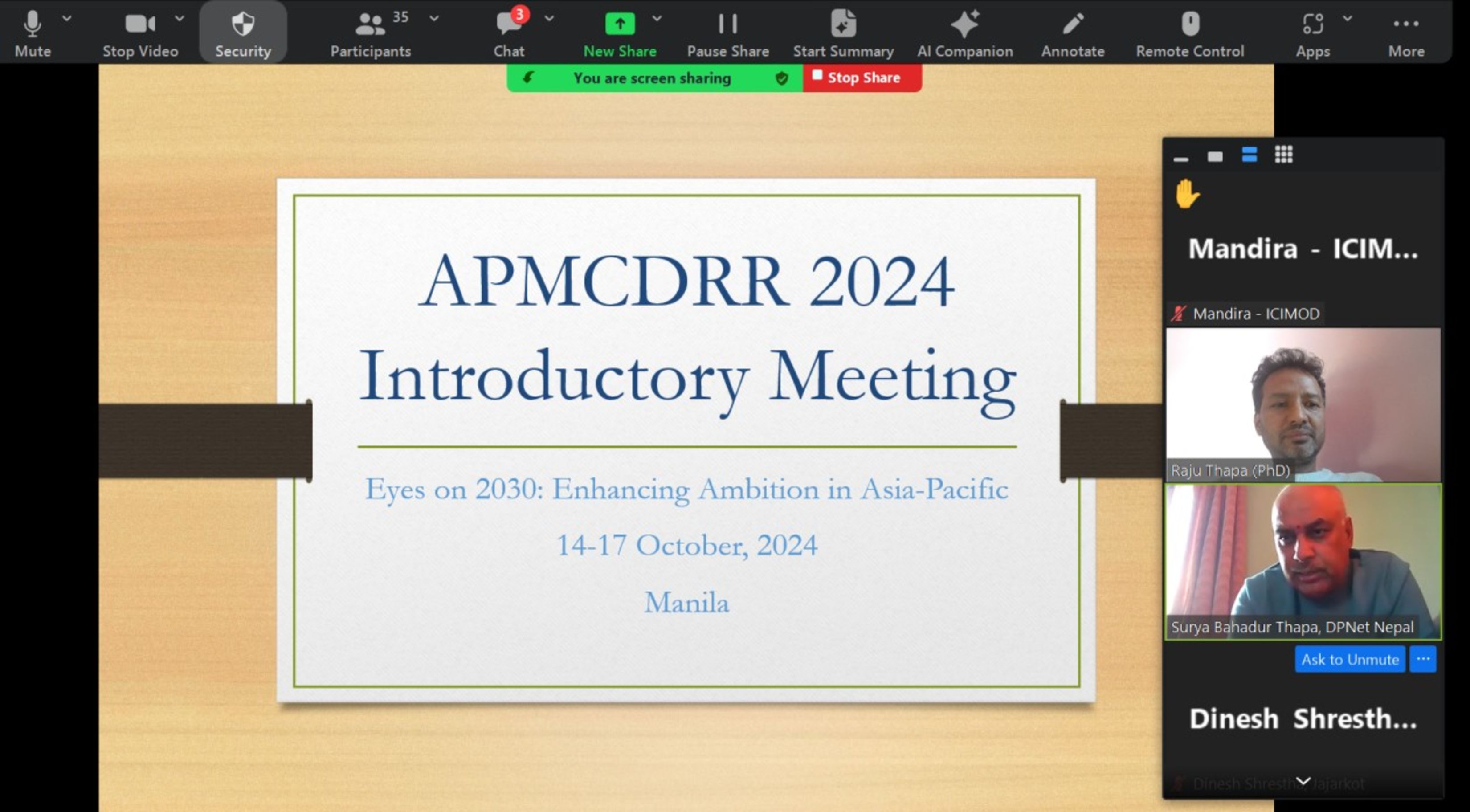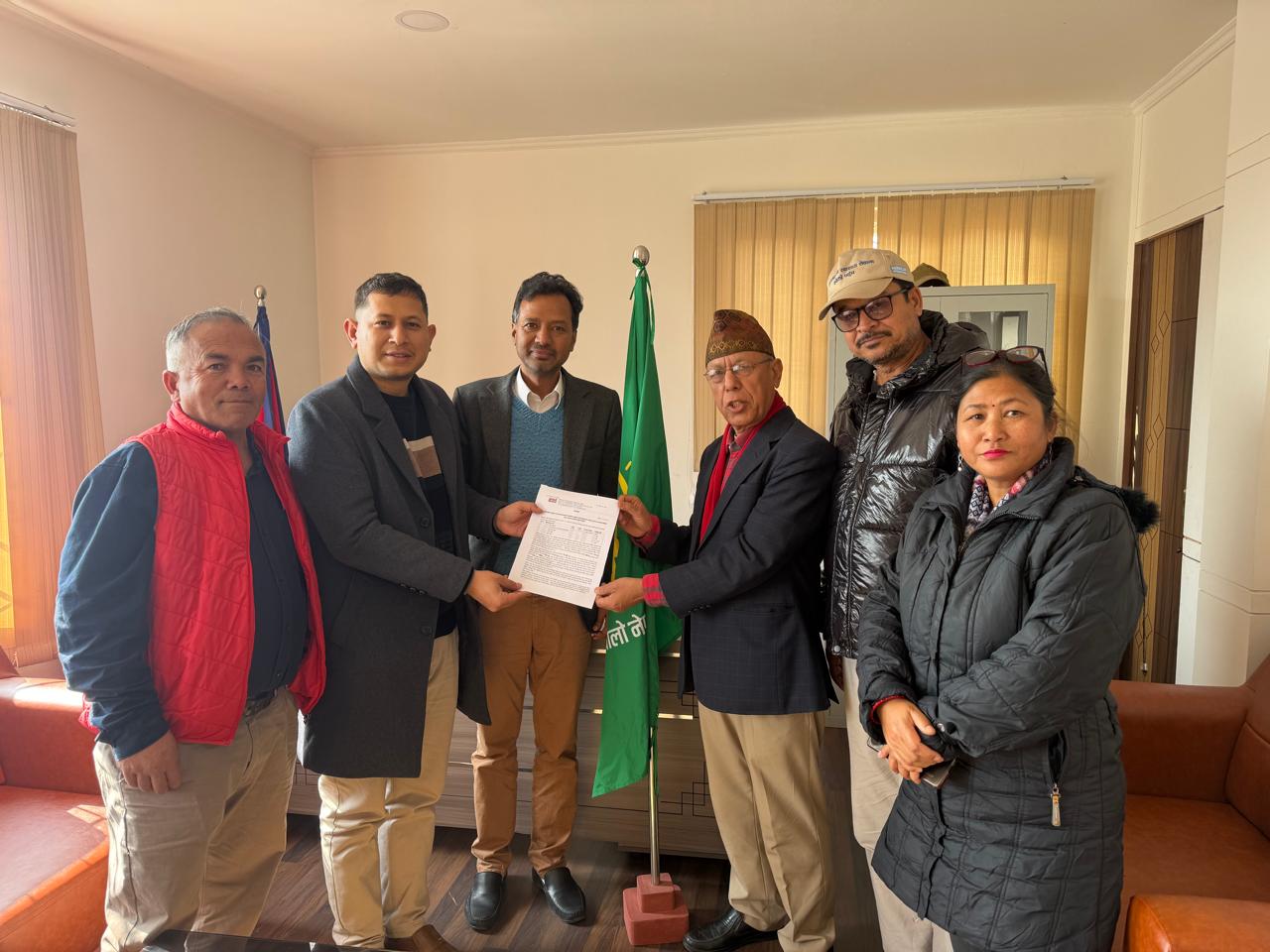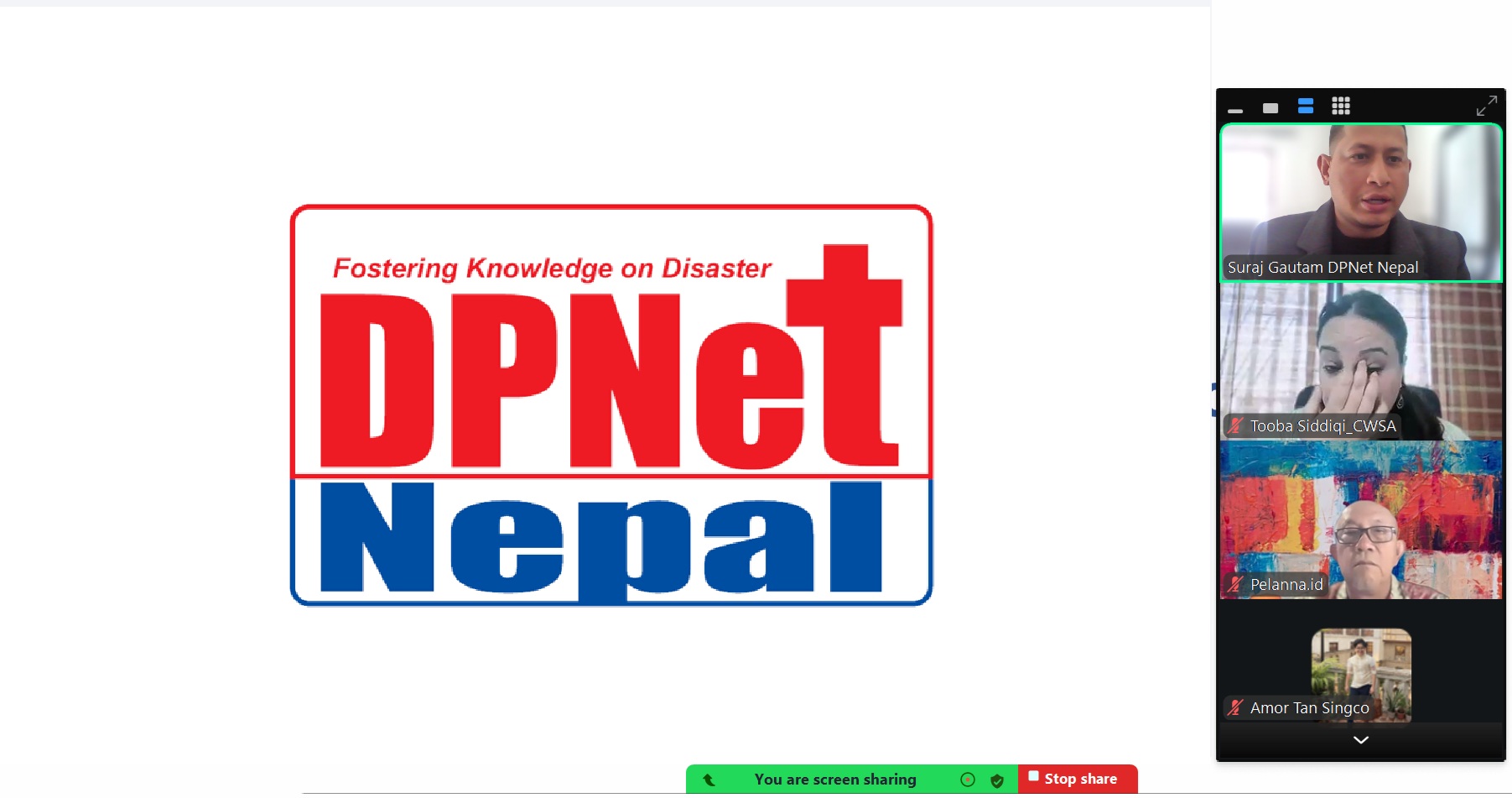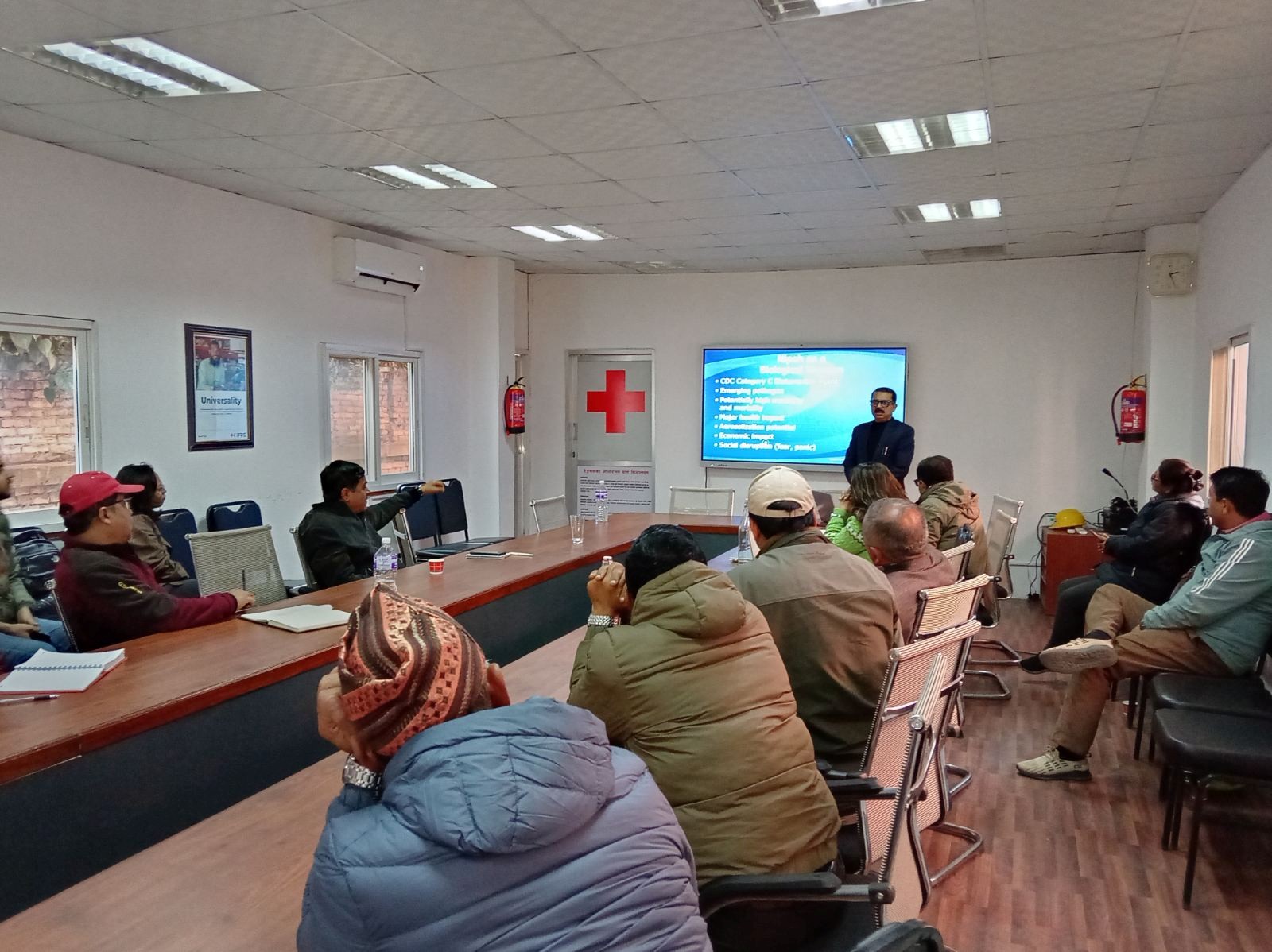APMCDRR-2024 Preparatory Meeting

On February 28, 2024, DPNet hosted a virtual discussion program in preparation for the Asia-Pacific Ministerial Conference on Disaster Risk Reduction (APMCDRR), 2024, using the Zoom platform. This online gathering, chaired by DPNet Chair, Surya Bahadur Thapa, and with the contextual matter of APMCDRR Preparations set by Vice Chair Dr. Raju Thapa, drew participation from 40 attendees. The purpose of this gathering was to begin early preparations for the future APMCDRR-2024 program, which will take place in the Philippines from October 14–17, Manila.
Dr. Raju Thapa, Vice-chair, DPNet in his presentation on the APMCDRR gives a synopsis of the conference. He provided an Overview of APMCDRR 2024 and its significance following the review of Midterm Review of the Sendai Framework for Disaster Risk Reduction 2015-2030. Dr. Thapa elaborates on three thematic pillars of APMCDRR as Practical Solutions to Enhance Disaster Risk Financing; Leaving No One Behind: Gender-Responsive and Inclusive Disaster Risk Governance and Localization and Urban and Rural Resilience. The key focus areas of the conference lie on Sustainable and predictable investments in DRR; the Role of technology, science, and knowledge and Multi-stakeholder coordination and collaboration. Dr. Thapa also illustrated the cross-cutting theme of APMCDRR as Science, Technology, and Knowledge; Convergence and Coherence across DRR, climate, and development and full private sector engagement in DRR. He also illustrated a concrete example from Philippin, where DRR efforts are exclusively supported by the private sector, demonstrating its greater success and highlighted the importance of participation of private sector. He shared that the APMCDRR also explores the challenges and opportunities in DRR and the opportunities for enhancing resilience and sustainable development in the Asia-Pacific region. Dr. Thapa also informed that the participants from Nepal has a tradition to participate under the banner of NPDRR in such regional and International events. Therefore, there is a need to collaboratively develop a position paper and an official statement that reflects a consensus. The program's activities also included the main session, parallel session, ignite state, which allows participants to run a marketplace, and side events, which allow organizations to form networks.
Dr. Thapa elaborated that the primary goal of this meeting was to compile ideas and proposals that should be included in the next AMPCDRR program so that we can address Nepal's DRR and climate change issues. This was the first conversation about APMCDRR readiness, and DPNet is cooperating for facilitations. The APMCDRR will receive a position paper and an official statement that has been prepared. He also assured that DPNet will conduct a series of dialogues of this type to facilitate APMCDRR in the coming future.
During the discussion session following the presentation, various issues were raised to guide future actions. Suggestions included focusing on the mid-term review of SENDAI to progress effectively, evaluating Nepal's current progress in comparison to the past, and determining the international attention given to issues such as the Greenhouse Effect and climate change. It was emphasized that identifying major issues collectively would enable unified progress. There was gratitude expressed for organizing the session, with an emphasis on building an inclusive team that incorporates successful past practices under government leadership. The importance of precise and timely planning, particularly regarding the coinciding dates of IDDRR day and APMCDRR, was stressed, along with the need to address minor yet recurrent disasters and highlight them on a global platform. Proposals were made to establish a committee dedicated to shaping the position paper and to engage non-governmental and private sectors in collaborative efforts. Strengthening the three tiers of government based on their roles and responsibilities was highlighted, along with concerns about inadequate documentation, research, and evidence, particularly in agriculture. Additionally, the importance of including the perspective of Persons with Disabilities in the position paper and showcasing Nepal's significant progress across various sectors was emphasized, leveraging extensive experience in disaster management to share insights globally.
In his closing remarks, Mr. Surya Bahadur Thapa, Chair of DPNet, highlighted the challenge of discrepancies in figures and data between research conducted within the country and externally, emphasizing the importance of finding solutions to maintain consistency both nationally and internationally. He also emphasized the importance of building on past learnings and addressing current challenges. To facilitate this, DPNet Nepal will organize preparatory discussion sessions from the outset. Mr. Thapa assured that DPNet will collaborate with the concerned ministry and national platform for discussions and the generation of suggestions.











